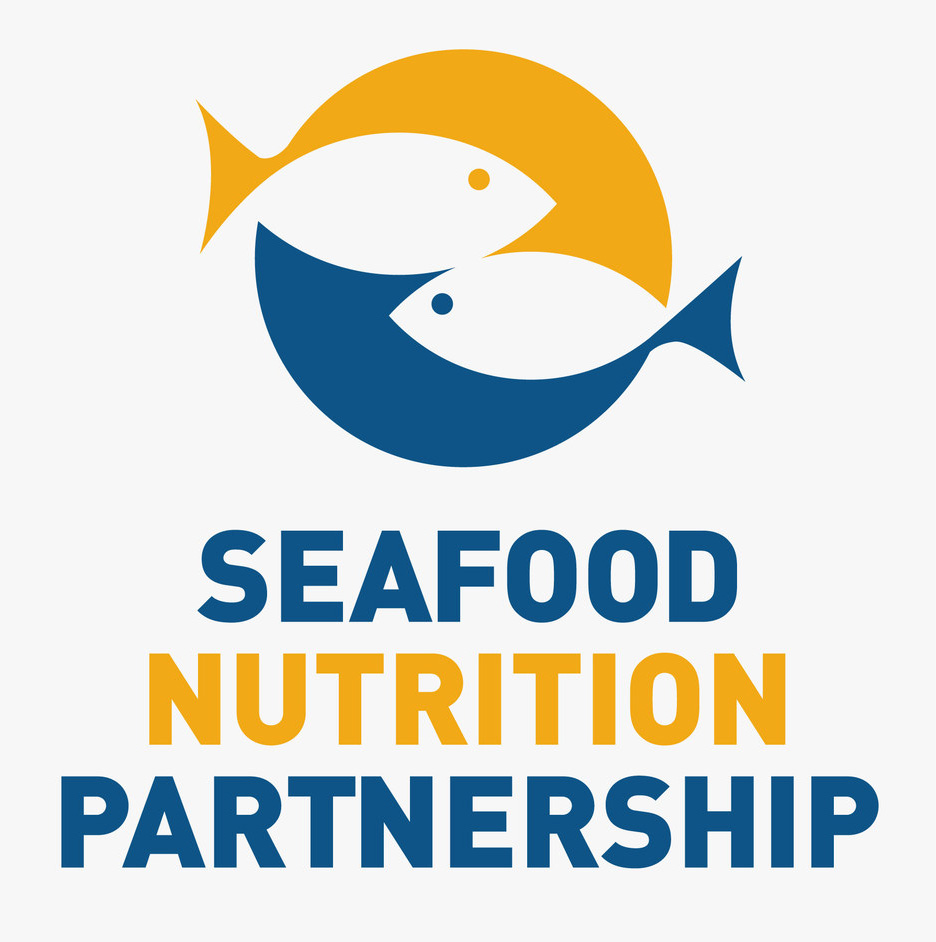
The value of seafood nutrition needs to be included in the White House Conference on Hunger, Nutrition and Health as part of the strategy to end hunger, increase healthy eating and reduce diet-related diseases, members of the Seafood Nutrition Partnership say.
That advice came in SNP’s response to a White House request for public comment in advance of finalizing that strategy at the Conference on Hunger, Nutrition and Health set for September.
“After learning that we can reduce our risks of heart disease by 30-50% with eating more seafood, and the breadth of science on seafood nutrition, I made it my personal mission to share this information as widely as possible, Seafood Nutrition Partnership President Linda Cornish said. “What we eat matters to our health and seafood is a vital part of a healthy diet.”
The Nutrition Partnership also submitted a letter from their partner-led listening session involving industry leaders from all along the seafood supply chain.
Many from the seafood community also participated in White House-led regional meetings as well as other industry convenings, including one by the Food Industry Association, to find solutions to helping millions of Americans affected by hunger and diet-related diseases.
The letter notes that cardiovascular disease is the leading cause of death in the United States and that an estimated over 877,500 Americans die of heart disease or stroke every year. Eating one or two servings of fatty fish a week—salmon, herring, mackerel, anchovies or sardines—reduces the risk of dying of heart disease by 36%, and the cost of including these fatty fish in one’s weekly diet is low, the letter stated.
Through educational programs such as the Eating Heart Healthy program, those at risk of chronic preventable diseases can learn how to eat right within their budget, the letter said. The Eating Heart Healthy program was developed by the Nutrition Partnership in partnership with Brigham and Women’s Hospital and Roxbury Tenants of Harvard, with a recipe focus on FISH: Fast, Inexpensive, Sustainable, Healthy.
The letter also notes that how Americans think about, purchase and consume seafood may be at a turning point, as seafood consumption is showing signs of increasing due to pandemic-related changes in consumer behaviors.
Funding support is now needed, the Nutrition Partnership said in its letter, to help Americans understand the essential health benefits of seafood, how to access seafood affordably, how to prepare and store seafood safely, and how to eat seafood more often, as advised by the Dietary Guidelines for Americans and FDA recommendations.
